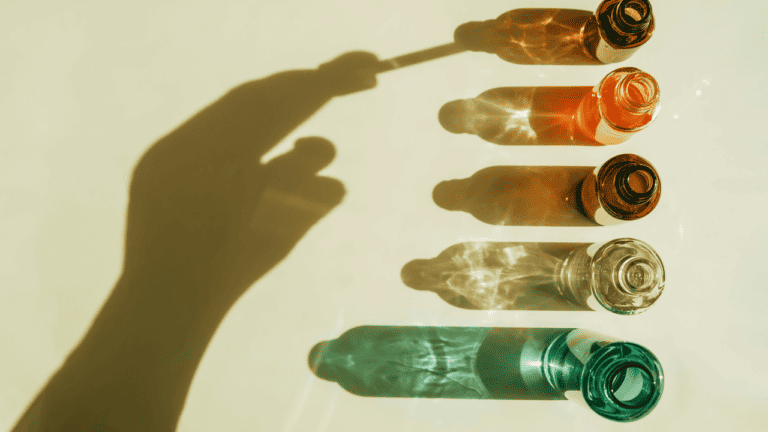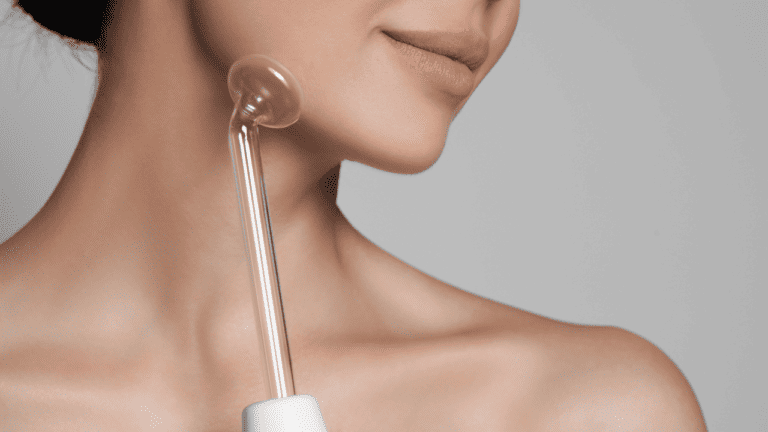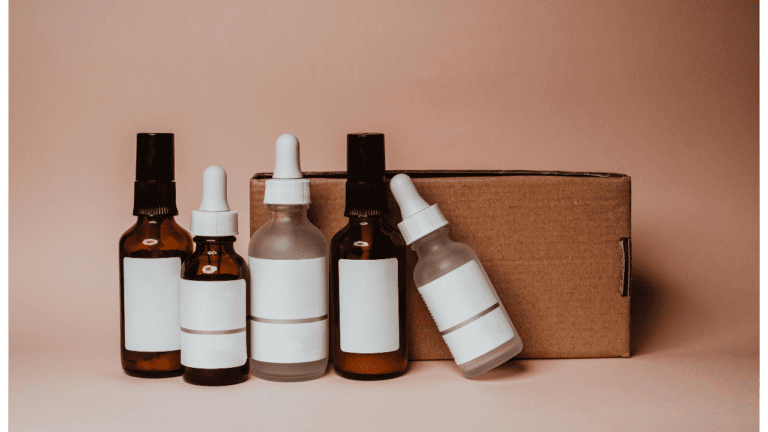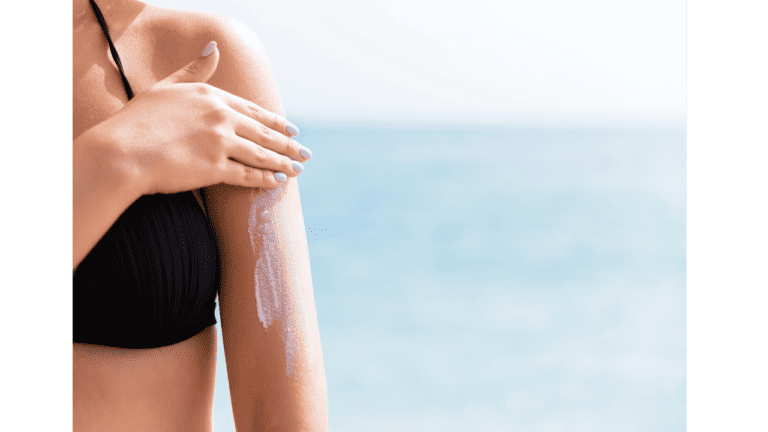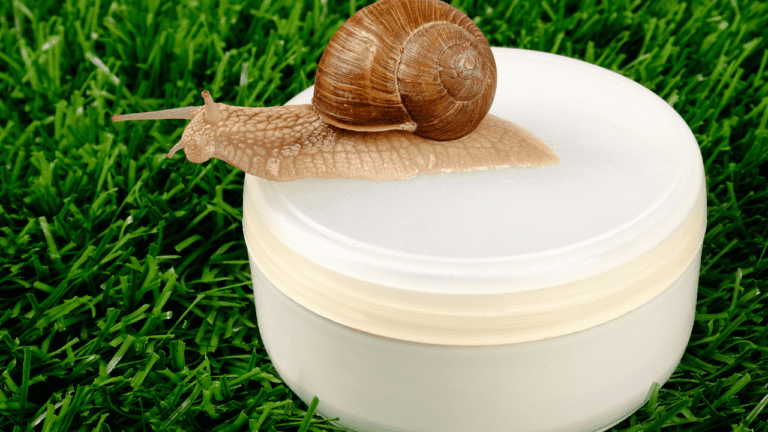Anua is a popular Korean skincare brand that recently got caught up in a huge scandal on tiktok that took the western world by storm. People were saying “Anua is a scam”, “Anua is an industry plant”, that Anua’s products really didn’t do much but is this all true and where did it come from? This article will unravel the many layers of the Anua controversy, how this scandal came about and what Anua themselves said about it.
Key Takeaways
- Anua went through a big scandal on TikTok in 2023 with many claiming it was a industry plant
- Individuals on TikTok were at odds with many saying they enjoyed Anua products whilst others threw out Anua products before even trying them.
- Anua came out with a statement stating that they ethically sourced their products and that individuals had mixed their brand with another brand’s controversy
Anua in the Skincare Industry
Background of Anua and Its Popularity
Anua, a Korean skincare brand, quickly garnered international recognition and acclaim when they expanded to the US in 2020 and their first instagram post was uploaded July 21st, 2020.
In 2023, they exploded with popularity on SKINTOK, TikTok’s avenue for skincare tips and tricks and the best products to buy. What made Anua special is their story where they emphasized their Korean heritage and their ethics with sourcing natural ingredients straight from Korea.
Their simple packaging and simplicity regarding their skincare ingredients resonated with many consumers seeking effective, gentle and soothing products.
Amidst a skincare market promoting AHAs, BHAs, PHAs, acid ingredients to help exfoliate the skin, Anua did the opposite and focused on the Heartleaf ingredient they source directly from Korea that is known to soothe the skin. They quickly became known as the brand many consumers needed to add to their skincare routine to combat the harsh active ingredients they currently use.
Controversy Began With Anua’s Heartleaf Toner: Their Flagship Product

The heartleaf toner, Anua’s flagship product, claims to harness the power of Houttuynia Cordata, a plant known in Asian cultures for its healing properties. It’s marketed as a multi-purpose toner that calms, soothes, and balances the skin, making it a versatile addition to various skincare routines.
This toner initially took off on SKINTOK as many influencers and regular tiktok users raved about the amazing benefits the ANUA Heartleaf Toner gave them. From soothing their irritated red skin to smoothing bumpy textured skin it seemed as though the Heartleaf Toner could do it all.
Until some people started to question how they had never heard of ANUA before so what was this toner and did it really work? Some influencers mentioned that it was a “industry plant” and rumours began circulating. Many people questioned was it just their marketing team that did an amazing job or did the product really work?
Allegations of Deceptive Marketing Practices

Paid Positive Reviews
One of the most significant accusations levied against Anua was the practice of paying for positive reviews. Another claim was that ANUA paid uncertified people to dress as dermatologists and claim that their products have certain benefits.
Anua as an Industry Plant
Another aspect of the controversy is the suspicion that Anua’s success was not entirely organic but rather a result of strategic industry planting. This term refers to the practice of artificially creating a buzz around a product or brand, making it appear as a grassroots success. The implication that Anua might have employed such tactics raises concerns about the genuineness of its rise to fame in the competitive skincare market.
The AsianBeauty Subreddit Controversy

Incentivized Reviews and Impersonation
The controversy took a specific turn with allegations involving Anua’s activities on the AsianBeauty subreddit. It was claimed that the brand incentivized reviews and even posed as regular users to post favorable comments about their products. This part of the controversy is particularly significant because it involves a breach of trust within an online community that values genuine, unbiased opinions.
Response and Ban from the Community
In response to these allegations, the AsianBeauty subreddit wanting to protect their communities’ authentic and transparent interactions banned ANUA.
However, there is no real evidence to show that Anua did incentivize reviews and posed as regular users. In fact, there are many popular brands that have been banned from the community as well such as Glam Up, Medicube, Vegreen, mochiskin, NANA hospital, etc.
Anua’s Public Statement and Defense
Denial of False Advertising
In the face of these allegations, Anua issued a public statement to address the concerns raised.
They raised an important fact that Anua’s Heartleaf 77 Toner won 1st place in the 2022 Olive Young Awards. Olive Young is Korea’s most credible distribution platform and their awards are based on sales data from 2021 to 2022 which goes to show that Koreans enjoyed using their products long before this controversy came about in 2023.
The brand also denied any involvement in false advertising and pointed out that the controversy actually involved “La Vena,” another brand operated by a subsidiary.
Clarification on Product Sourcing and Quality

Anua also provided detailed information about the sourcing and quality of their heartleaf product. They emphasized that their heartleaf is sourced from Ulleungdo, with a native plant management farm with three generations of experience.
Ulleungdo is an area known for its pristine natural environment, which purportedly makes their heartleaf superior in quality as it produces higher amounts of active substances giving it a red color.
Consumer Reaction to their statement
Public acceptance
While there was a small boycott at the beginning of the rumours, eventually many individuals stepped up to talk about how their flagship product, the Anua Heartleaf 77 Toner did indeed help their skin, and if a product works for you, why throw it out.
It’s important to note that the rumours started simply because the toner did not work for some individuals, and skincare is a very individualistic thing, not every toner is a one size fits all.
Implications for the K-Beauty Industry
The Anua controversy did not just affect the brand itself; it had repercussions for the entire Korean beauty industry. As a sector known for its innovation and high-quality products, the K-Beauty industry faced questions about the credibility of its marketing practices and the authenticity of its product endorsements.
Anua bounced back very quickly because they released a public statement and many unrelated individuals stepped up for the brand themselves,
Conclusion
It’s clear that the events surrounding this skincare brand have sparked important conversations about marketing ethics, consumer trust, and the responsibility of brands in the beauty industry.
Anua was unfortunate to get caught up in the delicate balance of consumers questioning the transparency of the brand and rumours caused by some individuals. However, they were able to get past this and in fact maintained and solidified many consumers’ trust because they were able to make a strong statement regarding their ethics and morals.
Anua’s story serves as a cautionary tale about the delicate balance between marketing a product and maintaining transparency with consumers. It highlights the need for brands to uphold ethical standards and for consumers to remain vigilant and informed.
Thank you for joining us on this insightful journey into the Anua controversy. We hope this post has provided a comprehensive understanding of the situation and its implications for the beauty industry and consumers alike.

